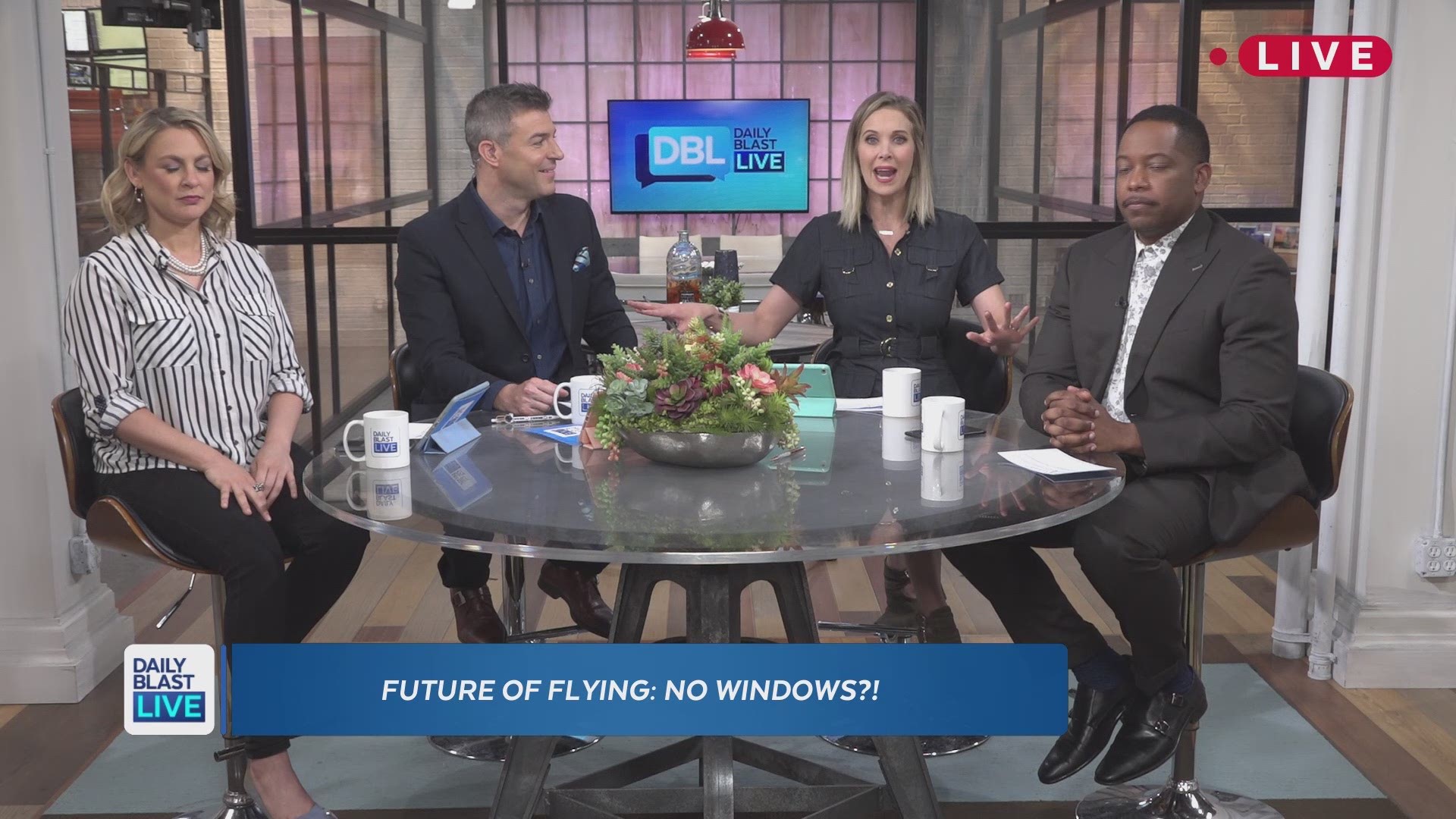Salem residents could be flying from Salem Municipal Airport to Seattle, San Francisco and Denver by late 2019, under a proposal unveiled Monday.
A coalition of civic leaders is seeking as much as $2 million in seed money to return commercial passenger flights to Salem's McNary Field.
But they are facing significant turbulence after similar efforts over the past decade failed and potential donors remain unsure if they want to bet on the plan — not to mention that the latest sum is four times greater than what business officials pledged before Delta Air Lines came to town in 2007.
Advocates, including the Salem Area Chamber of Commerce, kicked off their pledge drive Monday with a lunch at the downtown Salem Convention Center.
Addressing about 270 guests in the second-floor ballroom was Jack Penning, a managing partner with Indiana-based Volaire Aviation Consulting.
Penning laid out his company's case for bringing passenger air service back to Salem, presenting the findings of a feasibility study commissioned by the advocates.
He gave a largely sunny forecast, pointing to the area's humming economy — "the best it's done in a decade" — a burgeoning inbound leisure market and strong support from community members in the room as indicators that commercial service here could have traction.
"Airlines want to be in the next market that's going to make money," Penning said. "It's not so much about what this market did for the last ten years, it's what this market's going to do 20 years from now."
Under Volaire's proposed strategy, Salem Municipal Airport would offer flights to Seattle-Tacoma International Airport, San Francisco International Airport and Denver International Airport.
Drawing on airline ticket data, Penning showed audience members that 1,223 Salem-area flyers head to Seattle a day, 1,077 go to Denver and 1,267 fly to San Francisco.
Salem would ostensibly have to entice a small percentage of those customers to pick Salem over other airports to make commercial service here viable.
With the Seattle example, only 7 percent of Salem-area of customers would have to fly from the Salem airport for planes to be more than 85 percent full, Penning said.
Penning said he was confident they could find enough passengers flying the routes and fill planes, even with slightly increased ticket costs associated with the convenience of flying from Salem.
"If the numbers didn't look like this, I wouldn't be here today," he said.
Sordid history with passenger flights
Halfway between Portland and Eugene, McNary was for years a taking-off point for commercial flights, from early United Airlines trips in the 1940s to the end of commercial service by Horizon Air in 1993.
More recently, however, the small airport's dance with commercial service has been fraught with awkward false starts.
Business officials pledged $500,000 toward prepaid airline tickets to get Delta Air Lines here in 2007, but the company left in 2008.
"The issue that Delta service ran into was the Recession," Penning contended, highlighting Oregon's financial woes at the time and high fuel prices as factors.
SeaPort Airlines only managed a brief engagement in 2011. And in 2015, a small company called EnviJet Airways tried and failed to renew commercial service at McNary.
Salem city officials have this latest proposal on their radar. City Manager Steve Powers said Penning has briefed him, Mayor Chuck Bennett and Urban Development Director Kristin Retherford. Powers said commercial air service here could be feasible if the community is willing to support it.
Community must pledge up to $2M
With airlines face steep financial risks when operating in a location, Penning asked community members to step up and pledge money toward something of a safety net for airlines.
"Typically, we need risk-mitigation on the order of about a third of an airline's total risk to get them to jump in and give it a go," Penning said.
In Salem's case, that "risk-mitigation" will fall between $1.7 million and $2 million, enough to give the city "a legitimate chance of getting air service," Penning said.
Judging by an informal cell-phone poll taken after Penning's speech, advocates still have to some convincing to do before the proposal takes flight.
About half the participants said they still want more information before they or their organizations would pledge money, but they might be willing to. About 30 percent gave a hard "no" and 20 percent said "yes."

